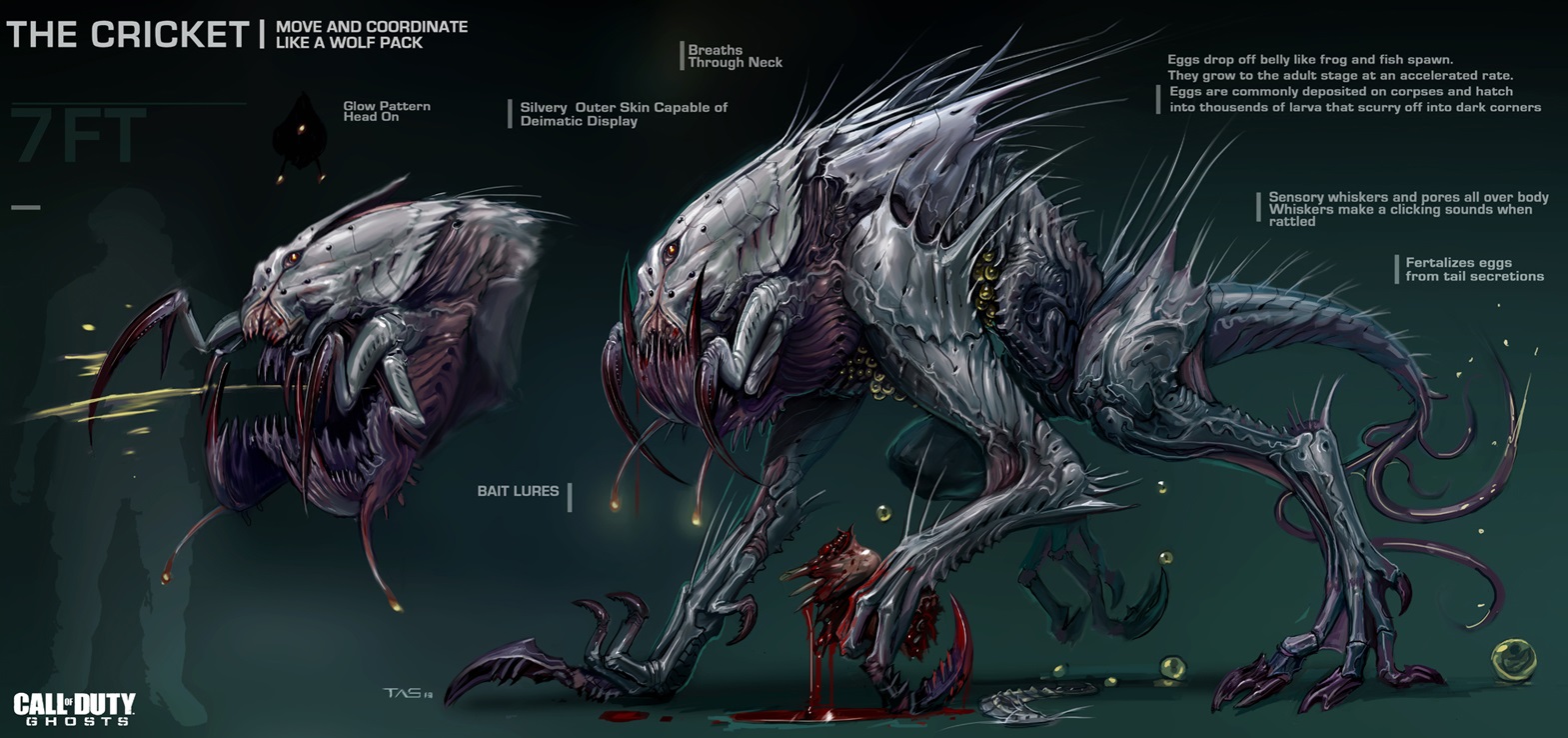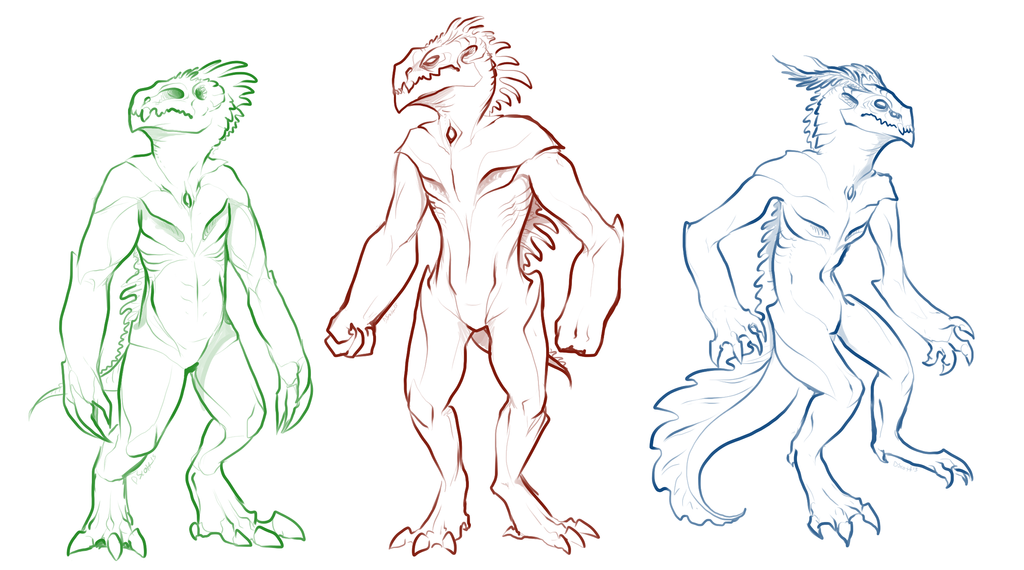Name:
The Glorious Providence of Arlan
Flag:
Type of government:
Theocracy
Government description:
The Providence is headed by a Grand Theurge, a simultaneously religious and political leader. Each Grand Theurge rules until death or abdication, and is chosen by the previous Grand Theurge to take over after them. They wield absolute power, but a council of twelve Lesser Theurges advises them, and vote on decisions in the rare absence of a Grand Theurge, such as when they die before they get a chance to choose a successor. All thirteen are said to have a special relationship with the Iratoc's cheif deity, Ashula.
Main race:
Iratoc - A bipedal, humanoid race with blue-white skin, elongated ears and three horns. They are well adapted to the intense cold and near-constant snowfall of Arlan, but have difficulty sustaining themselves in hot environments. Additionally, having spent large amounts of their lives underground, Iratoc have naturally good night vision, but find sunlight and other bright light difficult to see in and slightly painful.
Minority races:
Just humans.
Demography:
60% Iratoc, 40% human.
Religion:
As a theocratic society, Iratoc religion is very important. They worship deities of the sun, Ashula, his three sisters, the moons Kaluseth, Alunen and Batret, and the stars, which hold a place similar to Abrahamic angels in the real world. Most are unnamed, barring a few exceptions such as Jarallian and Noellus, but are collectively known as the Valeston. Ashula rules the sky as a chief deity and the creator of all, whiles his sisters and their Valeston army guard his world for him when darkness preys upon it.
Culture:
Most of Arlan at any given time is completely covered with snow, in some places going up to a hundred metres deep. As such, surface travel is awkward, and ground vehicles are practically useless, while the entirety of Arlan's civilised locations are deep underground, in the rock below the snow. Food is produced primarily from fungi and other plantlike sources with low light requirements. Every Iratoc (and some humans) follows the same religion, and any who can make a pilgrimage to the surface in order to see the sky for themselves.
For a typical citizen of the Providence, life is dull, but not harsh. Everyone needs to do their part for it to survive as a whole, but as long as they do, things are generally uneventful. They have their role, they perform it, things continue safely. They do, however, have a strong sense of identity. They do not call themselves "The Glorious Providence" because they wish to serve the humans' interests over their own. Questioning the Providence's religion is a sure-fire way to get oneself treated poorly on Arlan, and outright denying it is a crime.
History:
During the invasion, the Iratoc hadn't yet ventured into space. The humans largely ignored Arlan, as the planet's climate made settlement difficult, and the Iratoc were undetectable to basic scans. It was only a few years later, when Arlan was considered for mining, that a mineral scan revealed huge underground networks wthin Arlan - the Providence's cities. The Providence fought the humans in a guerrilla war. They knew the tunnels better, and were more used to fighting in the darkness. Eventually, though, the humans' superior technology and numbers defeated the Providence.
Since then, a number of humans have settled in existing Iratoc cities. They were initially treated with animosity, but they made themselves useful, allowing the Providence to expand. They eventually reached high enough numbers that they could spare some materials, and began selling metals to the Empire. Ultimately, the Providence has largely benefitted from the humans, gaining significantly in technology and wealth, but these are beginning to fade. The Empire is driving a harder bargain on its trade. A few of the Lesser Theurges think they could do better alone, though so far they haven't said it aloud. Many Iratoc think those "faithless humans" could do with a conversion.
Important characters:
Grand Theurge Kalwara - A young but willful Iratoc, chosen by the previous Grand Theurge for her cleverness and ability to improvise. Having lead the Providence for four years, it has so far proven to be the correct decision.
Utwarn, Lesser Theurge of the Eleventh Seat - It is no secret that Utwarn is the elder brother of Kalwara, and her most trusted advisor. He is a zealous believer of the Providence's faith, next in line to be the Grand Theurge, and one of the strongest believers that the humans need to be ousted.
Joseph Clint, Lesser Theurge of the Eighth Seat - The decision to allow humans to become Lesser Theurges was controversial, but there has been no reason to regret it so far. Joseph is the first and only human Lesser Theurge, and an Iratoc sympathiser. Despite this, he has had difficulty in gaining any real influence on decisions.
Field Marshal Maltarn - While the Theurges hold political power, it takes someone with military expertise to command an army, and Maltarn fulfills this role. While there have been no major conflicts in the recent history of the Providence, war games have shown Maltarn to be one of the planet's brightest.
Description of military:
While the Providence is lacking in ground vehicles, its infantry are strong guerrilla fighters and have a massive advantage in dark conditions (assuming the enemy isn't using night vision equipment). In addition, their defensive capabilities are second to none. What's a missile to them when their fortifications have to hold back several tonnes of snow anyway? And that would only be relevant if the enemy knew where they were in the first place. In terms of ships, it has a good presence of fighters and small ships, but very few large ones.
Technology:
The Providence is approximately fourty years ahead of real-world technology. It still uses ballistic weapons and armour, albeit relatively advanced ones. Most of its power comes from nuclear sources, and so containment methods have been advanced to make this safer. Technologies useful underground, such as mining and the farming of low-light flora have been advanced out of proportion to other technologies, for obvious reasons.
Additional:
It is worth noting that there is no difference in power between the seats of the Lesser Theurges - the numbers are purely to differentiate between them (i.e. the Lesser Theurge of the First Seat is neither the most nor the least powerful simply because their seat is first).
The Glorious Providence of Arlan
Flag:
Type of government:
Theocracy
Government description:
The Providence is headed by a Grand Theurge, a simultaneously religious and political leader. Each Grand Theurge rules until death or abdication, and is chosen by the previous Grand Theurge to take over after them. They wield absolute power, but a council of twelve Lesser Theurges advises them, and vote on decisions in the rare absence of a Grand Theurge, such as when they die before they get a chance to choose a successor. All thirteen are said to have a special relationship with the Iratoc's cheif deity, Ashula.
Main race:
Iratoc - A bipedal, humanoid race with blue-white skin, elongated ears and three horns. They are well adapted to the intense cold and near-constant snowfall of Arlan, but have difficulty sustaining themselves in hot environments. Additionally, having spent large amounts of their lives underground, Iratoc have naturally good night vision, but find sunlight and other bright light difficult to see in and slightly painful.
Minority races:
Just humans.
Demography:
60% Iratoc, 40% human.
Religion:
As a theocratic society, Iratoc religion is very important. They worship deities of the sun, Ashula, his three sisters, the moons Kaluseth, Alunen and Batret, and the stars, which hold a place similar to Abrahamic angels in the real world. Most are unnamed, barring a few exceptions such as Jarallian and Noellus, but are collectively known as the Valeston. Ashula rules the sky as a chief deity and the creator of all, whiles his sisters and their Valeston army guard his world for him when darkness preys upon it.
Culture:
Most of Arlan at any given time is completely covered with snow, in some places going up to a hundred metres deep. As such, surface travel is awkward, and ground vehicles are practically useless, while the entirety of Arlan's civilised locations are deep underground, in the rock below the snow. Food is produced primarily from fungi and other plantlike sources with low light requirements. Every Iratoc (and some humans) follows the same religion, and any who can make a pilgrimage to the surface in order to see the sky for themselves.
For a typical citizen of the Providence, life is dull, but not harsh. Everyone needs to do their part for it to survive as a whole, but as long as they do, things are generally uneventful. They have their role, they perform it, things continue safely. They do, however, have a strong sense of identity. They do not call themselves "The Glorious Providence" because they wish to serve the humans' interests over their own. Questioning the Providence's religion is a sure-fire way to get oneself treated poorly on Arlan, and outright denying it is a crime.
History:
During the invasion, the Iratoc hadn't yet ventured into space. The humans largely ignored Arlan, as the planet's climate made settlement difficult, and the Iratoc were undetectable to basic scans. It was only a few years later, when Arlan was considered for mining, that a mineral scan revealed huge underground networks wthin Arlan - the Providence's cities. The Providence fought the humans in a guerrilla war. They knew the tunnels better, and were more used to fighting in the darkness. Eventually, though, the humans' superior technology and numbers defeated the Providence.
Since then, a number of humans have settled in existing Iratoc cities. They were initially treated with animosity, but they made themselves useful, allowing the Providence to expand. They eventually reached high enough numbers that they could spare some materials, and began selling metals to the Empire. Ultimately, the Providence has largely benefitted from the humans, gaining significantly in technology and wealth, but these are beginning to fade. The Empire is driving a harder bargain on its trade. A few of the Lesser Theurges think they could do better alone, though so far they haven't said it aloud. Many Iratoc think those "faithless humans" could do with a conversion.
Important characters:
Grand Theurge Kalwara - A young but willful Iratoc, chosen by the previous Grand Theurge for her cleverness and ability to improvise. Having lead the Providence for four years, it has so far proven to be the correct decision.
Utwarn, Lesser Theurge of the Eleventh Seat - It is no secret that Utwarn is the elder brother of Kalwara, and her most trusted advisor. He is a zealous believer of the Providence's faith, next in line to be the Grand Theurge, and one of the strongest believers that the humans need to be ousted.
Joseph Clint, Lesser Theurge of the Eighth Seat - The decision to allow humans to become Lesser Theurges was controversial, but there has been no reason to regret it so far. Joseph is the first and only human Lesser Theurge, and an Iratoc sympathiser. Despite this, he has had difficulty in gaining any real influence on decisions.
Field Marshal Maltarn - While the Theurges hold political power, it takes someone with military expertise to command an army, and Maltarn fulfills this role. While there have been no major conflicts in the recent history of the Providence, war games have shown Maltarn to be one of the planet's brightest.
Description of military:
While the Providence is lacking in ground vehicles, its infantry are strong guerrilla fighters and have a massive advantage in dark conditions (assuming the enemy isn't using night vision equipment). In addition, their defensive capabilities are second to none. What's a missile to them when their fortifications have to hold back several tonnes of snow anyway? And that would only be relevant if the enemy knew where they were in the first place. In terms of ships, it has a good presence of fighters and small ships, but very few large ones.
Technology:
The Providence is approximately fourty years ahead of real-world technology. It still uses ballistic weapons and armour, albeit relatively advanced ones. Most of its power comes from nuclear sources, and so containment methods have been advanced to make this safer. Technologies useful underground, such as mining and the farming of low-light flora have been advanced out of proportion to other technologies, for obvious reasons.
Additional:
It is worth noting that there is no difference in power between the seats of the Lesser Theurges - the numbers are purely to differentiate between them (i.e. the Lesser Theurge of the First Seat is neither the most nor the least powerful simply because their seat is first).













































